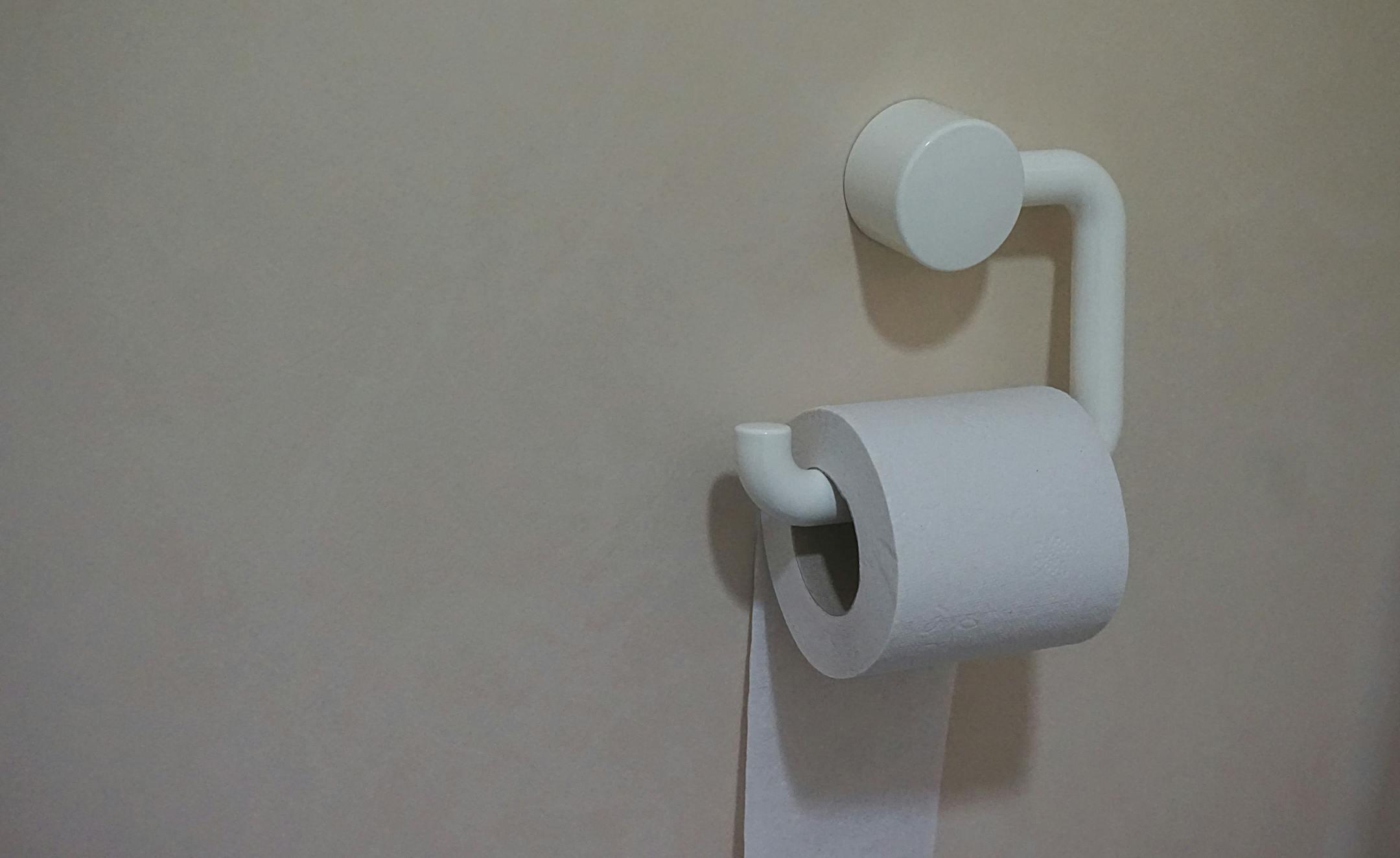Website designed with the B12 website builder. Create your own website today.
Start for free
Emerging research suggests that the gut-brain axis—a complex communication network linking the gastrointestinal tract and the central nervous system—plays a significant role in mental health. One innovative approach gaining attention is fecal microbiota transplantation (FMT), a procedure that introduces beneficial bacteria from a healthy donor’s stool into a patient’s gut. While FMT has been primarily used to treat severe intestinal conditions, recent anecdotal evidence indicates its potential in alleviating symptoms of mood disorders, including bipolar disorder.
The Gut-Brain Axis: A Two-Way Street
The gut-brain axis facilitates continuous biochemical signaling between the gastrointestinal tract and the brain. This bidirectional communication influences various bodily functions, including mood regulation, immune response, and stress levels. An imbalance in gut microbiota—the diverse community of microorganisms residing in our intestines—has been linked to several mental health conditions, such as depression and anxiety.
Case Spotlight: FMT and Bipolar Disorder
A compelling case involves Jane, a patient with severe bipolar disorder who experienced significant relief after undergoing FMT at home with the assistance of her husband, Alex. After numerous hospitalizations and unsuccessful treatments, Jane’s bipolar symptoms began to improve following the procedure, which involved using Alex’s fecal matter to repopulate her gut microbiome. This personal experiment underscores the potential role of the microbiome in managing mood disorders.
Understanding Fecal Microbiota Transplantation (FMT)
FMT involves transferring stool from a healthy donor into the gastrointestinal tract of a recipient. The goal is to restore a balanced microbiome, which can enhance gut health and, potentially, mental well-being. The procedure is typically performed under medical supervision, ensuring donor screening and proper administration to minimize risks.
Potential Benefits for Mental Health
The rationale behind using FMT for mental health conditions stems from the influence of gut bacteria on brain function. Beneficial microbes produce neurotransmitters like serotonin and dopamine, which are crucial for mood regulation. By restoring a healthy microbiome, FMT may help alleviate symptoms of mood disorders.
Current Research and Future Directions
While anecdotal reports like Jane’s are promising, comprehensive clinical trials are necessary to validate FMT’s efficacy in treating mental health disorders. Researchers are exploring the gut-brain connection to develop novel treatments for conditions such as depression, anxiety, and bipolar disorder. Understanding the specific mechanisms by which gut bacteria influence mental health could lead to targeted therapies that offer relief for individuals with treatment-resistant mood disorders.
Considerations and Cautions
It’s essential to approach FMT with caution:
• Medical Supervision: FMT should be conducted under the guidance of healthcare professionals to ensure safety and effectiveness.
• Donor Screening: Proper screening of donors is crucial to prevent the transmission of infections or unwanted traits.
• Individual Variability: Responses to FMT can vary; what proves beneficial for one person may not be suitable for another.
Conclusion
The exploration of FMT as a treatment for mood disorders highlights the profound connection between our gut and brain. While more research is needed to establish its efficacy and safety, this innovative approach opens new avenues for understanding and potentially treating mental health conditions. As science delves deeper into the microbiome’s role in mental wellness, FMT may become a valuable tool in the quest for effective mental health interventions.